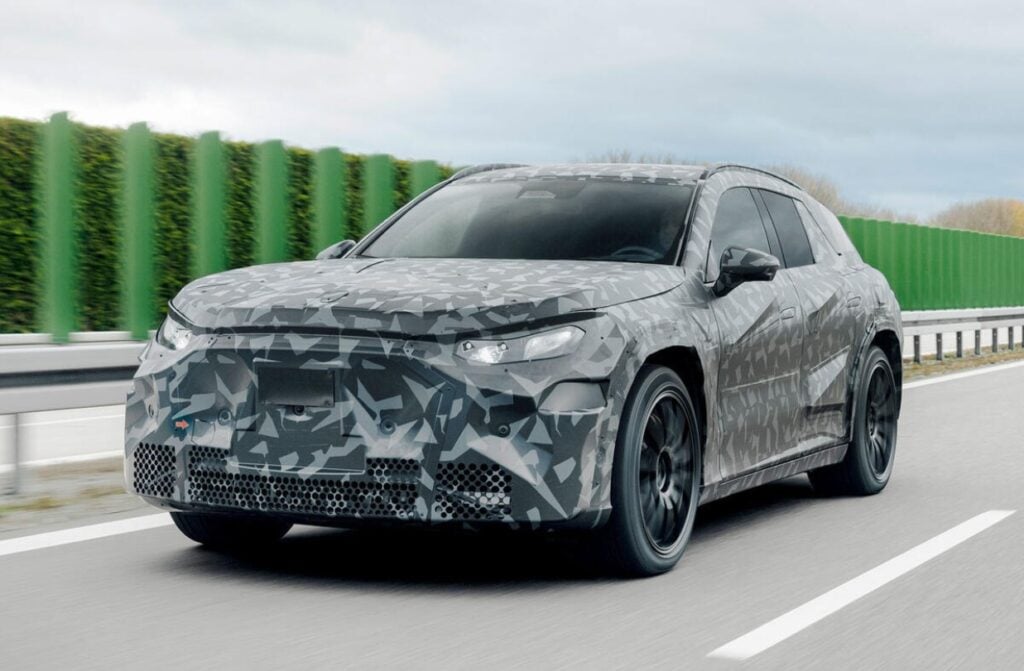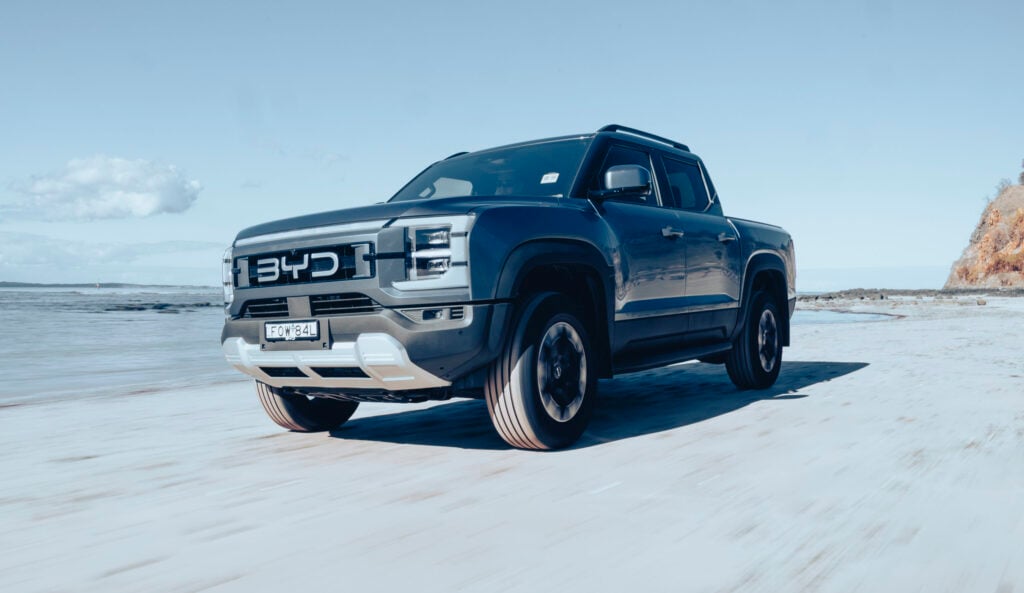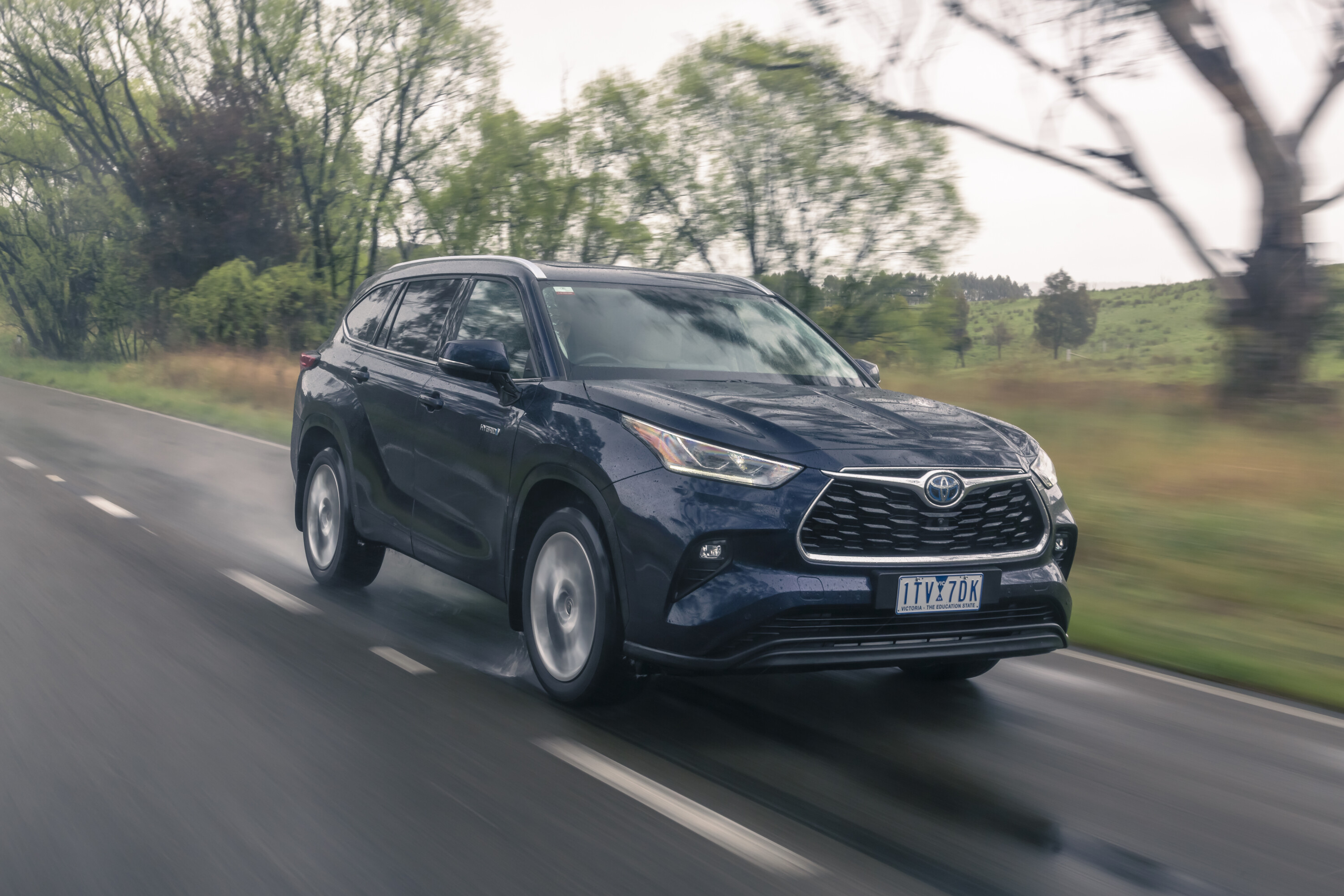
The Federal Government has halved the fuel consumption figure needed for a ‘fuel-efficient’ vehicle to be exempt from the Luxury Car Tax (LCT) from 7.0L/100km to 3.5L/100km.
To be enacted from 1 July 2025, this figure is only realistic for pure EVs or plug-in hybrids and is one of the main talking points from the government’s Mid Year Economic and Fiscal Outlook (MYEFO).
The difference in the LCT threshold between normal and ‘fuel efficient’ vehicles became $13,282 last financial year – more than ever before – with the intent of increasing EV and PHEV uptake ahead of incoming fuel efficiency standards.
The increased threshold, though, means efficient European petrol and diesel-engined vehicles (yep, the very ones the LCT was designed for in the first place) such as the BMW 320i ($80,200 and 6.5L/100km) are exempt from the tax.
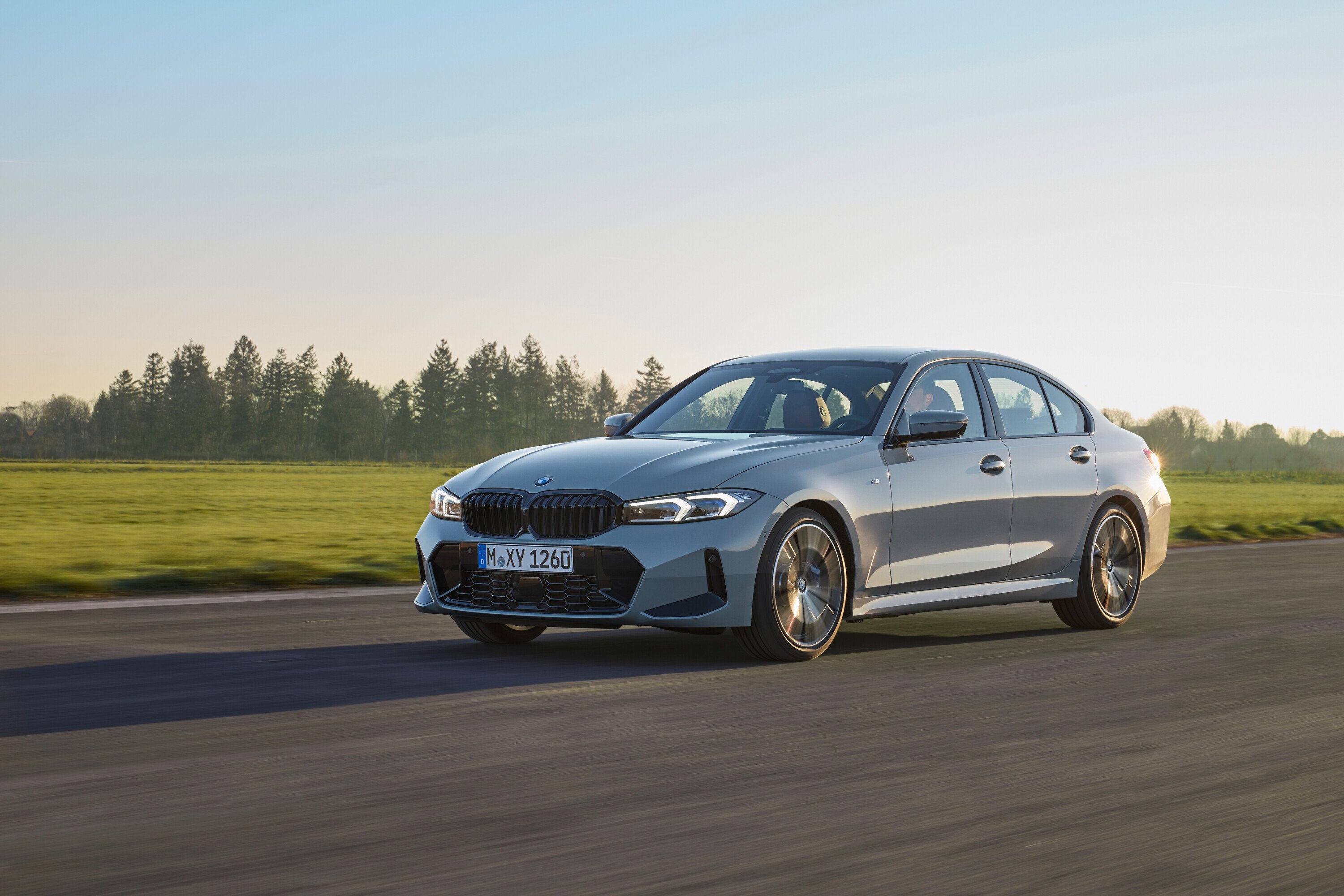
Meanwhile, a seven-seat Toyota Kluger Grande Hybrid ($80,230 before on-road costs) which is remarkably efficient for its size will be hit with LCT at 33 per cent for each dollar over $76,950.
All utes – Australia’s best-selling vehicles – remain exempt from LCT. This includes the $87,990 Ford Ranger Raptor which returns 11.5L/100km in the ADR combined cycle and the $87,250 Jeep Gladiator rated at 12.4L/100km.
The government’s fuel efficiency standards – expected to arrive sometime in 2024 – will aim to incentivise buyers to make more efficient choices.
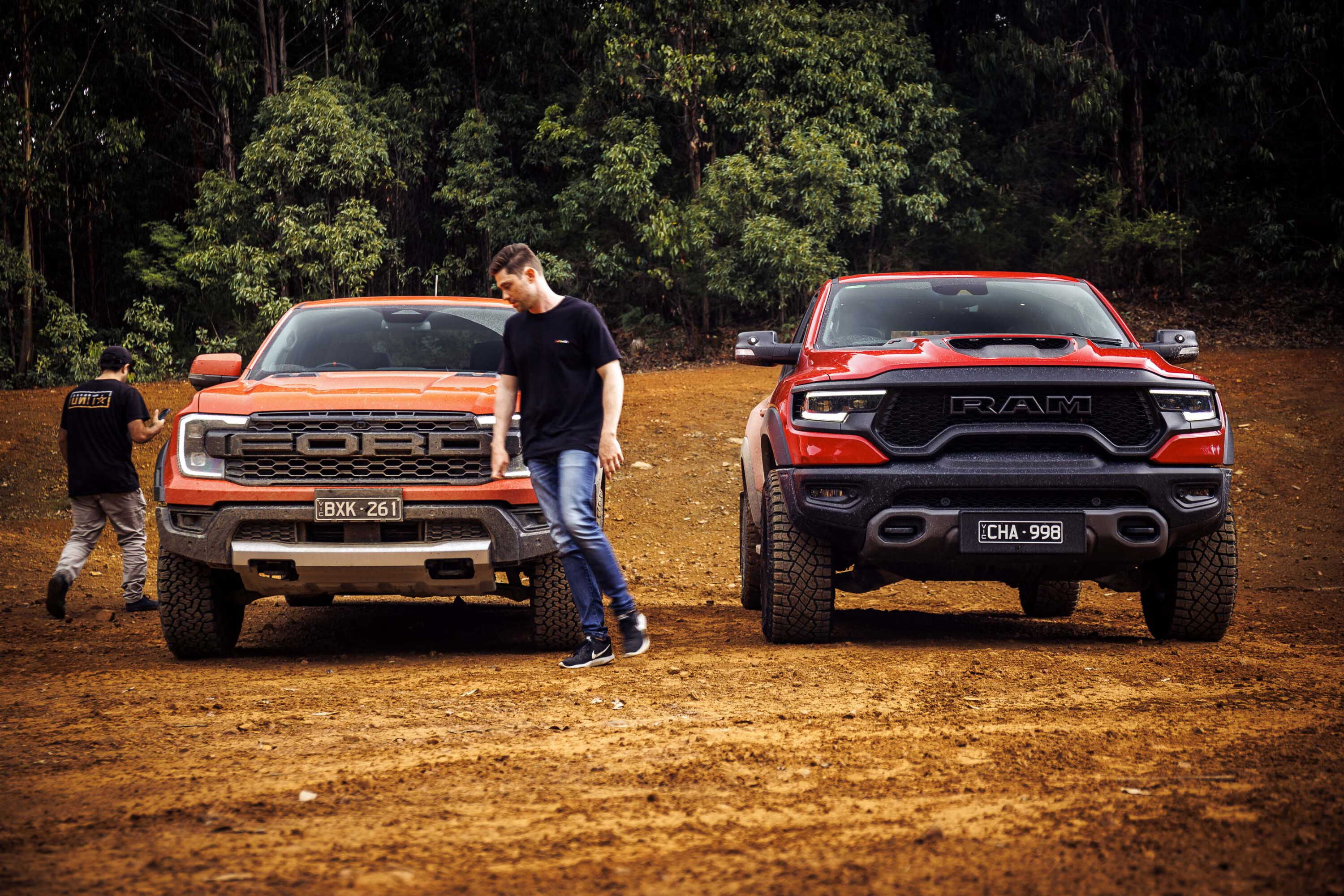
The industry responds
Since the end of Australian manufacturing, the LCT (introduced in 2001 by the Howard government) has come under intense scrutiny, and the latest change is no different.
Automotive industry bodies and figures have waded in with their views, and they range from positive to downright damning.
AADA CEO James Voortman said “Changes [to the LCT] have made a bad tax even worse… The LCT is an outdated tax meant for a time when Australia still manufactured cars – it should have been abolished years ago, but now it’s being used to further tax fuel-efficient cars”.
Mr Voortman pointed out that the LCT costs motorists over $100 million each year, and that the way to encourage greener purchases is to abolish the tax altogether.
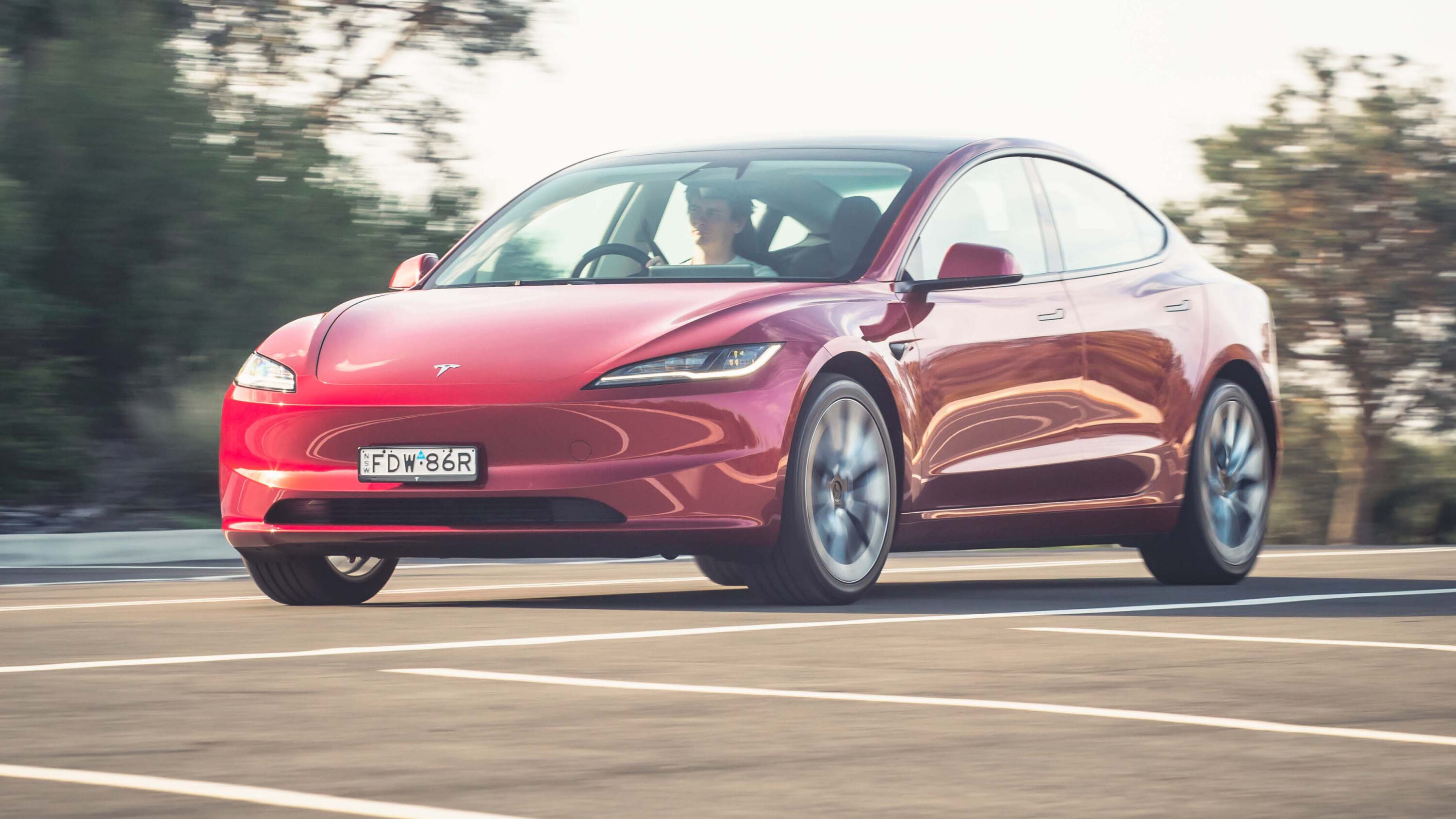
However, Electric Vehicle Council CEO Behyad Jafari approves of the change.
“Whatever your view on the LCT, this change represents two things. First, a recognition that auto tech has changed considerably since the thresholds were first designed and recognises that our expectations of ‘fuel-efficient vehicles’ today are rightly quite different”, Jafari wrote on LinkedIn.
Meanwhile, FCAI CEO Tony Weber labeled the LCT archaic. “The LCT penalises Australian consumers, as it imposes unnecessary additional taxes on many low-emission technology vehicles,” he said.
“The changes announced today in MYEFO slug Australians with more taxes and make vehicles less affordable…. If the Australian government wants to modernise the LCT, they should remove it as part of true tax reform for the transport sector including consideration of a road user charge”, Weber added.
We recommend
-
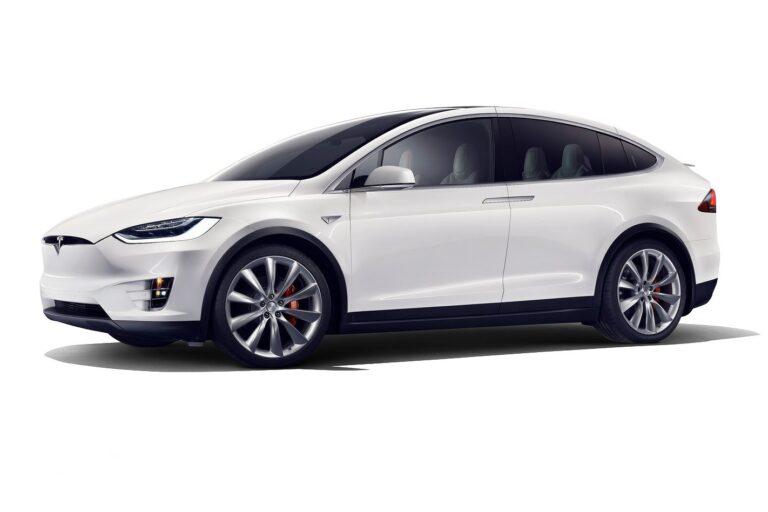 Advice
AdviceTop Five: Most Fuel Efficient Cars on sale in Australia
The world is now fueled by technology - you might be surprised by the figures of the five most fuel efficient cars on sale right now.
-
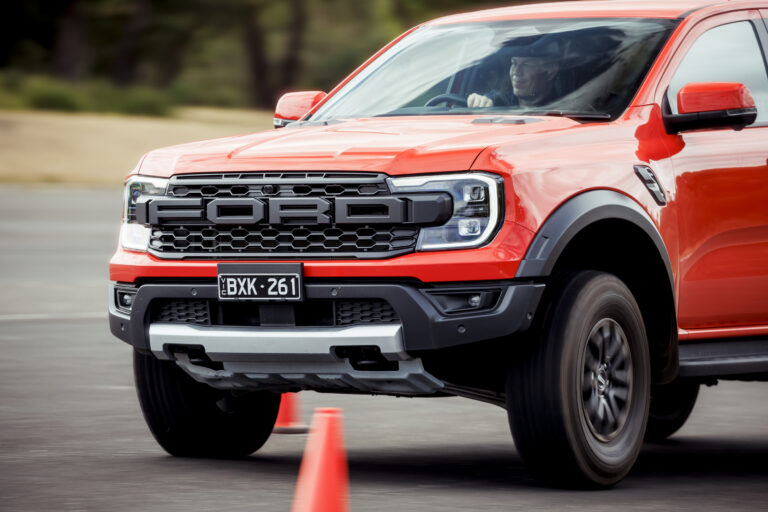 News
NewsNo change to luxury car tax for expensive utes
The Australian tax office has issued a new directive around the application of LCT to the priciest of dual cab utes
-
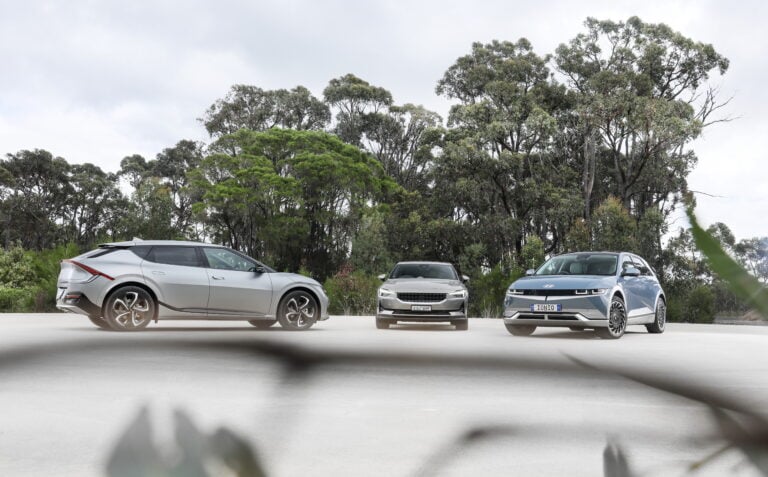 News
NewsLuxury Car Tax threshold increased for 2023-24
LCT threshold requirements have been lifted again for another financial year


